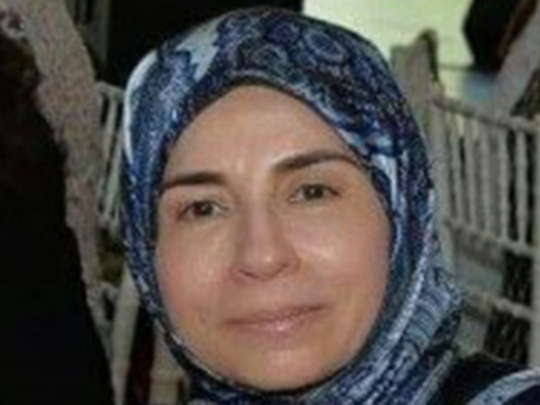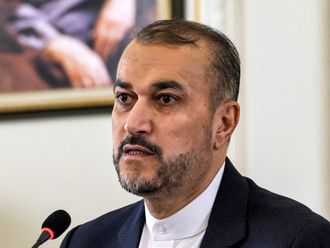
Dubai: After more than six weeks of negotiation and consultations, a new Lebanese government was formed and its 30-member cabinet detailed on Sunday evening. But the significance of the event has left political analysts in Beirut distinctly underwhelmed — akin words from the Roman poet Horace: “The mountain went into labour, and a little mouse was born”.
Political analysts believe the government will not be capable of carrying out its main responsibilities because of deep divisions and differences among its members.
“I call it the booby-trapped government,” Emil Khoury, a columnist at An Nahar Arabic newspaper, one of the top Lebanese media outlets, said. “It is a government of rivalries,” he told Gulf News.
Khouri questioned the government’s ability to carry out its main function of holding parliamentary elections next year, according to a new elections law, especially as it is “lacking harmony among its members and the participation of some of the hopeful candidates”.
Lebanese Prime Minister Sa’ad Hariri detailed his 30-member cabinet on Sunday and charged it with preserving stability amid a turbulent region.
Hariri’s government includes figures from two opposing parties who views are widely divergent over the ongoing war in neighbouring Syria.
President Michael Aoun, who is known to support pro-Hezbollah stances, also picked some ministers.
The outcome was a government based on sectarian lines and appeasement, analysts said.
“This government is better than nothing and worse than any other government we could have expected,” commented Sateh Noor Al Deen, Editor-In-Chief of Al Mayadeen online newspaper in Lebanon.
“It has a majority of those who are supporting the Lebanese president and Syrian president Bashar Al Assad,” he told Gulf News.
The government, he said, has become the focal point of jokes in some media and political circles.
While holding parliamentary elections next year is considered the top priority for the new Lebanese government, many suspect the cabinet’s ability to carry out the task due to its composition.
Analysts said the former government of Tammam Salam was tasked with electing a new president to the country, but it faced several difficulties and it took more than two years to elect a new president. Aoun, an ally Hezbollah that dominates the country’s politics, was elected president by members of parliament in October.
“I am afraid that this Hariri’s government will face a parliamentary crisis that I am not sure how long it will take,” Khoury said.
Lebanon has not held any parliamentary elections since 2009. The current parliament’s mandate was extended twice, and the second extension expires next May. The different political parties in Lebanon differ on the new election law.
“The condition to have a perfect parliamentary election is to have a new election law instead of the current law, which goes back to the 1960s, and which keeps producing the same political class,” Noor Al Deen said.
“Should the government keep its promise and draft a new law, that would be an achievement,” he added.
Noor Al Deen hoped the government would not “surprise us in the near future and lie to us saying we don’t have the ability to hold the elections or to hold the elections according to the old law.”
Apart from the internal issue of holding elections, which some analysts believe is much important than presidential elections or forming a government, Lebanese political commentators said dealing with the Syrian crisis must be a priority for the new government.
Lebanon has received nearly 1.5 million Syrian refugees, with some elements calling for a defence of the Syrian regime of Al Assad, with many preferring to stay neutral.












